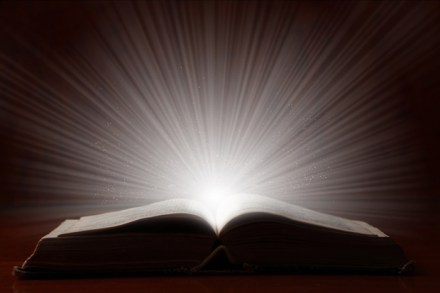The Bible is too important to be left to believers
May I write a review of a review? I have to get this out of my system, having been unable to sleep last night, for anger at Christopher Howse’s beastly, scoffing and unjust treatment of a new book: Simon Loveday’s The Bible for Grown-Ups, reviewed in our 30 July issue. Somebody needs to call a halt to the tedious practice of using review to show off at somebody else’s expense. It happens that I feel a special protectiveness towards this book, having seen the manuscript last year and encouraged its author to seek a publisher. Icon books have now published him, and done his study proud. The book deserves it.



















